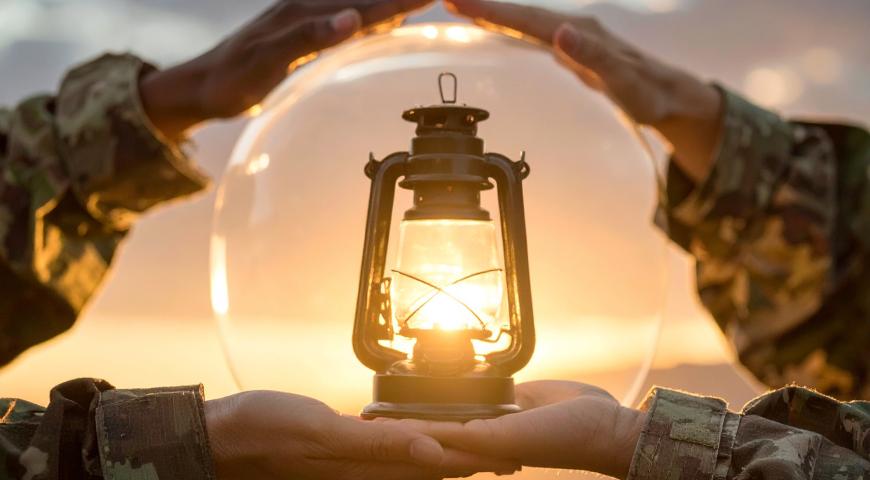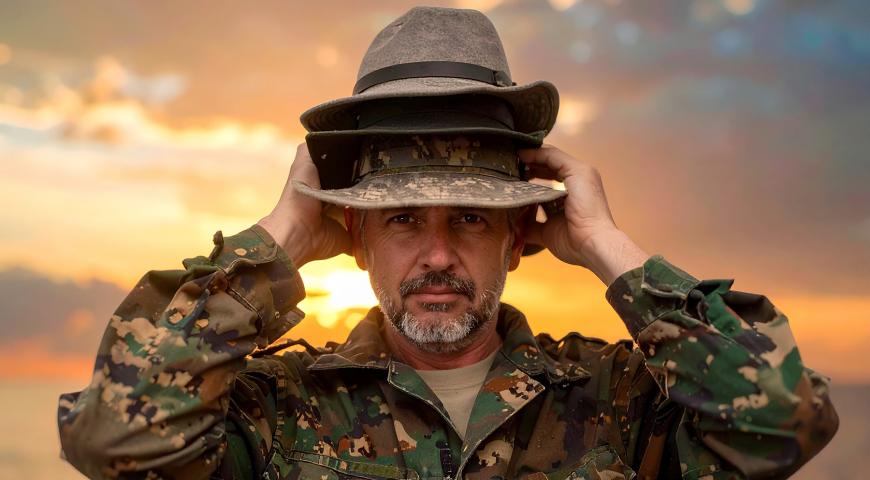‘Share your ideas. Share your thoughts. Tell your story! All of us who have served have ideas. We all have a story to tell. It might be technical, it might be tactical, it might be right, it might even be wrong. But get it out there and let’s debate it.’
Admiral Jim Stavridis, USN (ret)
Like many contributing to this blog theme, I don’t consider myself a writer. Rather, I’ve been forced to write as an integral part of career evolution. I was inspired by Admiral Stavridis to dip a toe into the realm of public writing. The quote above comes from a piece he contributed to the Australian Defence Force Journal in 2010. It was titled ‘Let us Dare’ and in it he implored us all to read, write, learn and publish.
I read in spades. I read voraciously as a child and, despite some sporadic hiatus during my seagoing career, I read with a similar appetite today. I enjoy a good novel, fantasy in particular, although non-fiction is a definite focus: strategy, maritime strategy and leadership. There is a stack of unread books on my bedside table. When I return from another trip, with another book, from another airport bookstore, my wife gives me the look that speaks all itself [“why?”]. My pile of books is like the seemingly never ending glass of wine at a mess dinner. But I should write more.
I’m an adherent to the notion of learning organisations and an advocate for lifelong learning. Like many, I’ve had the privilege of completing staff course, professional development, a couple of Masters degrees, and seek opportunities to learn wherever I can and time – that most precious of resources – permits. But I should write more.
Not long after Admiral Stavridis’ piece was published, I returned from my first sea command and had managed to arrange a secondment to the Lowy Institute for International Policy. Whatever skills in writing I thought I possessed were no match for the crisp, sophisticated style used in Lowy writing. I was very daunted. Forced to adapt, it was gratifying to be credited for a minor part in a major publication Crisis and Confidence: Major Powers and Maritime Security in Indo-Pacific Asia. Minor part is the key phrase here. The real terror for me lay in ‘sticking my head above the parapet’ by blogging. Having gained some confidence in the art of blogging I recall apologising to then Director of Studies at the Lowy Institute, Andrew Shearer. I was concerned that my posts were either esoteric or uninspiring, perhaps both. True to the spirit of the words written by Admiral Stavridis above, Andrew assured me that my blogging was gold; it provided a different perspective – from a practitioner. Within a year I found myself heading up the RAN’s ‘think tank,’ the Sea Power Centre – Australia. I had close to three years in a wonderful environment for writing. I continued with sporadic blogging and edited my first [and only] book. In a fit of enthusiasm, I took on a PhD in maritime strategy. But I should write more.
I should write more because to write is to learn. Writing brings clarity to thoughts or idle scribbles on a whiteboard. There’s immense satisfaction in articulating an argument in words. Writing is also our personal brand. Whether we write for internal or external consumption, that’s our name out there. It shouldn’t deter from writing, even if it does tend to focus the mind. As my colleague Pete Leavy has written, for most papers submitted, promulgated or published, there is another two thirds discarded in the pursuit of the art and with the knowledge that we’re ‘putting ourselves out there.’ Those words might be used later in a different form, or confined to the lessons learned file.
I should write more for the reason evidenced by this very blog series. Australian naval personnel don’t write and publish enough. My shelves are replete with books by Cosgrove, Molan, Cantwell, Donaldson, and a myriad of ex US Army and Marine Corps Generals. The writings from fellow RAN people, serving or retired, is pretty thin on the ground. Our stalwarts Vice Admiral Peter Jones, RAN (ret) and Rear Admiral James Goldrick, RAN (ret) have dominated a small market. Hat tip also to our former Chief of Navy Vice Admiral Tim Barret, RAN (ret), who published a book while in office! There’s certainly plenty of naval and maritime reading out there, just not a great deal in the public square emanating from RAN people. Our culture of the ‘silent service’ risks defeating us if we don’t write and explain.
I should write more to convey the sense of the sea, for the sea is ‘a hard master, and woe befall those who challenge its authority, or fail to give it the due of unremitting watchfulness and total respect. The sea can lull its users into a sense of false security, and it can strike suddenly.’ That’s prose from the former RAN gunnery officer and novelist JE McConnell in The Unforgiving Sea. One of my favourite strategists, Rear Admiral JC Wylie, USN (ret), wrote a whole paper on ‘Why a Sailor Thinks Like a Sailor.’ In it he explained that:
‘the sailor sees their tasks as falling into two major fields … that in practice are so closely interwoven that it is hard to tell where one stops and the other starts. One half is the establishment of control of the sea. The other half is the exploitation of that control of the sea toward extension of control from the sea onto the land.’
I should write more to describe my own experiences of the sea and sea power, of naval and maritime perspectives in the profession of arms. Those writings should be a basis for debate, to be pulled apart and cross examined, to be a rich vein of lessons for future generations of commanders and leaders.
I really should write more.
Technical Mastery
Social Mastery
Please let us know if you have discovered an issue with the content on this page.
Comments
Start the conversation by sharing your thoughts! Please login to comment. If you don't yet have an account registration is quick and easy.




